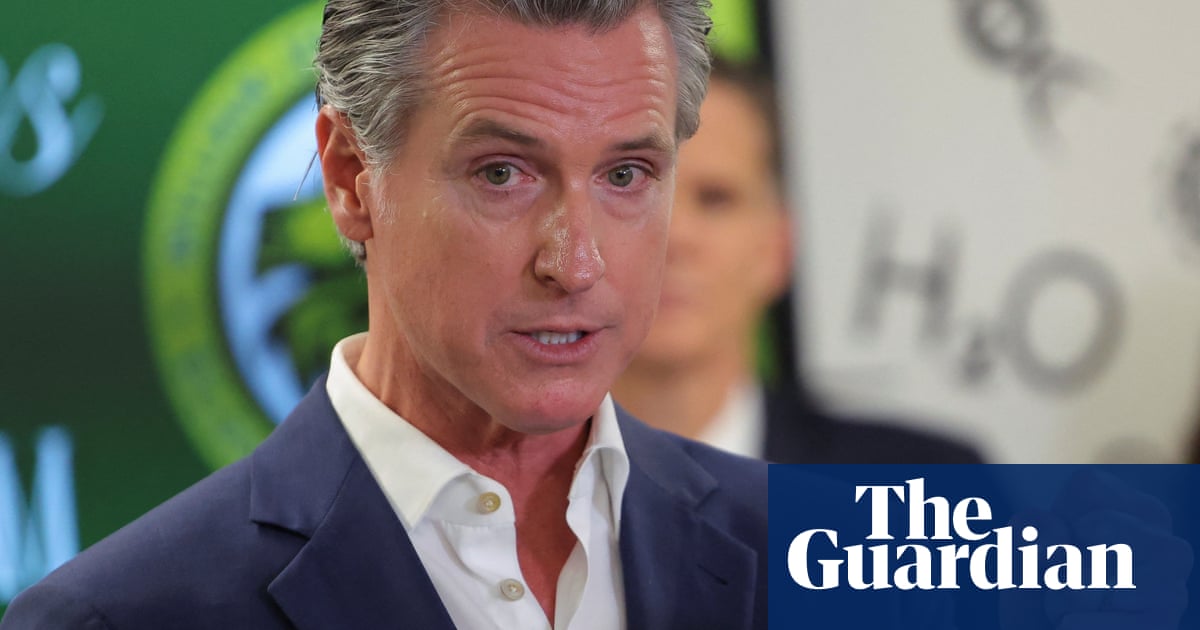Last week, President Trump signed a new domestic policy bill that has significant implications for health care and social programs in the U.S. Among its many changes, the bill continues the 2017 tax cuts, boosts funding for immigration enforcement, and cuts funding for several environmental initiatives. Most notably, it introduces major adjustments to programs like Medicaid and SNAP.
An analysis indicated that Oregon is likely to face severe Medicaid cuts. Many residents could lose their coverage and join the ranks of the uninsured. Eric Hunter, the CEO of CareOregon, discussed the potential fallout in a recent interview.
Hunter described the atmosphere surrounding the bill’s passage as chaotic. He emphasized that while immediate changes won’t occur, there will be repercussions down the line. Residents shouldn’t panic; they will still have access to their current health benefits for now. However, the future looks challenging, and preparation is crucial.
One major shift involves requiring certain adults to demonstrate work or volunteer efforts to retain their Medicaid coverage. This could complicate matters for an estimated 40% of Oregon Health Plan recipients. Historically, similar work requirements in states like Arkansas and Georgia have led to many people losing Medicaid coverage—not due to ineligibility, but because of the confusing paperwork process.
Hunter likened the new frequent eligibility checks to doubling the hassle of tax filing. This added complexity can make it easy for people to slip through the cracks. As a result, many who truly need coverage might find themselves losing it, negatively impacting their health and, ultimately, increasing costs for the health care system.
The bill also decreases the provider tax that funds Medicaid in Oregon from 6% to 3.5%. This change jeopardizes a crucial source of revenue, potentially forcing the state to make tough choices about funding and services. The implications are far-reaching, affecting many vulnerable populations.
While Hunter acknowledged some positives, such as federal efforts to cut down on actual fraud and waste, he largely viewed the bill as harmful. The limited focus on social well-being and health care puts many people at risk, and future challenges loom over how care will be provided with diminishing funds.
A recent survey indicated that nearly 60% of Oregonians are concerned about changes to Medicaid and how they will affect access to care. Social media trends also reflect rising anxiety, with many families sharing their fears of losing health coverage.
Looking ahead, Hunter mentioned initiatives like supportive housing that CareOregon has funded in communities. These projects are vital for enhancing local health but may now face funding hurdles due to this bill.
The bottom line is that many communities could suffer significant setbacks, due to cuts that prioritize budget savings over people’s health.
Source link
Health | Health Care | Health Insurance | Oregon | Medicaid




















